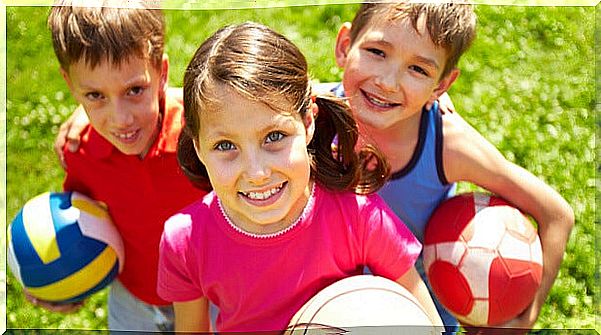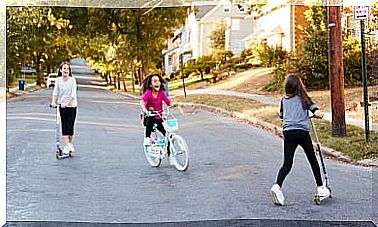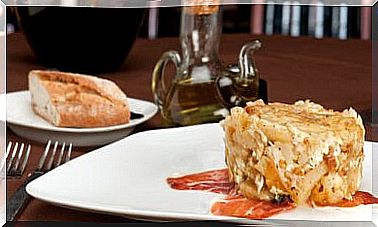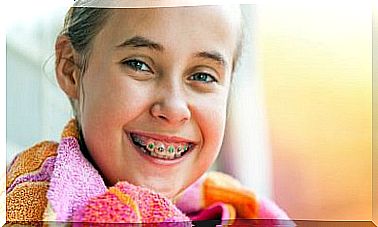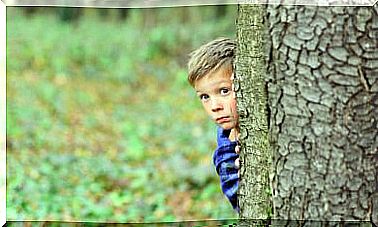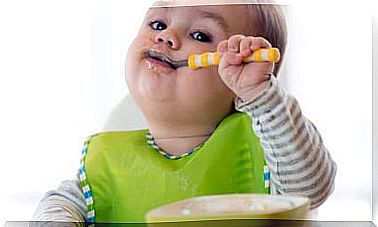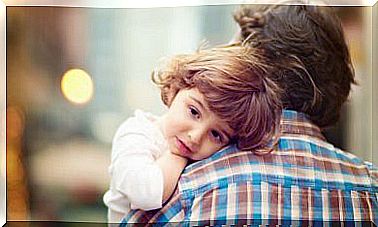Adequate Nutrition For Sports Children
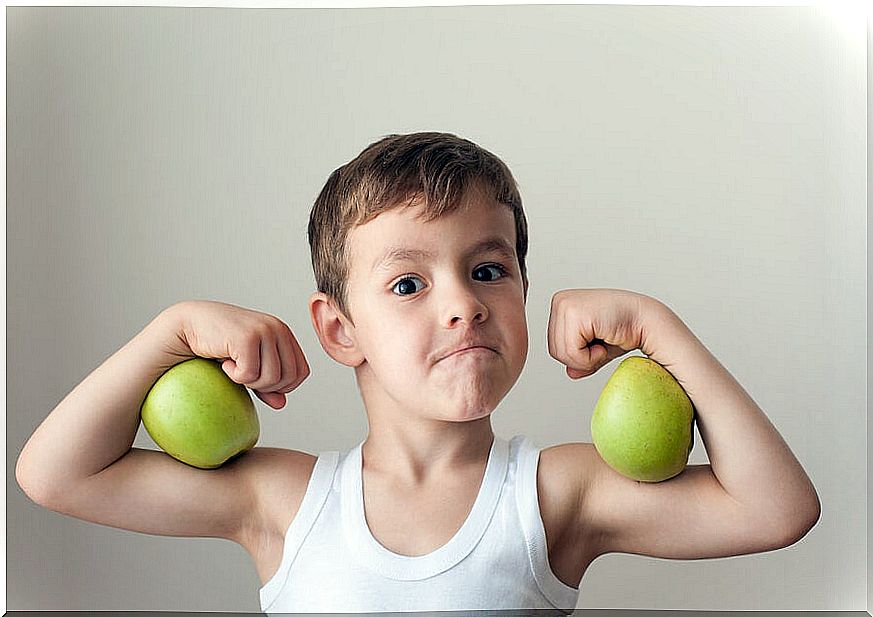
During childhood, every individual should consume foods that provide enough essential nutrients to achieve optimal development, both physical and intellectual. This requirement becomes more demanding when practicing any physical activity. What are the characteristics of an adequate diet for sports children?
Just as fish need water to live and cars need fuel to move, the muscles of living beings need a sufficient supply of sugars to be able to perform their function, stay fit and in perfect harmony.
This sugar is supplied by carbohydrates when consuming foods that contain them in a large proportion. Examples of this are bread, pasta and legumes, among others.
In particular, in training periods and, even more so in the hours surrounding sports competitions, it is customary to provide athletes with a certain amount of more or less sugary substances. This allows to delay the onset of fatigue, improve performance and reduce the risk of injury.
This practice responds to the fact that carbohydrates, starch and sugar, through digestive actions, are transformed into blood sugar or dextrose. This substance is mainly responsible for providing muscle energy.
Adequate nutrition for sporty children in short-term competitions
In short-term competitions, sports children are usually given food such as fruit with honey, compotes, syrup or simply sugar diluted in half a glass of water. In football activities, it is a good practice to administer a food with sugar before the activity. In this way, it is possible to improve the efficiency of anaerobic metabolism, according to an article published in 2018.
According to experts, athletes clearly feel an invigorating effect when ingesting sugar, since it provides strength and breath when exercising. It is advisable to consult with a specialist about the exact quantity to supply; This will depend on the age of the child, the sport they practice and their physiological condition.
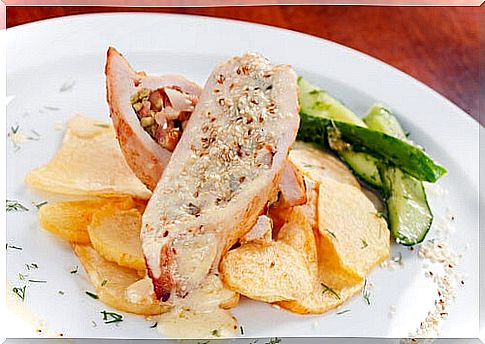
There is not a big difference between the diet of a child athlete and that of one who does not perform physical activity. The ideal diet for these little athletes is summed up in finding a balance between all the food groups, with the aim of replacing the calories that their bodies need to fulfill all their functions, especially after having practiced sports.
To prepare for a short-term competition, the appropriate diet for male or female sports children must be mixed – meat and vegetarian.
Protein intake is also essential in this type of children, as it contributes to the development of muscular adaptations to exercise. It also intervenes in tissue repair processes helping to prevent injuries, according to an article published in the journal “The Journal of Nutrition.”
Foods that child athletes should eat
A child normally consumes between 1600 and 2200 calories daily; this amount increases for obvious reasons with the practice of sport. In an hour of intense training, a little one can burn about 700 calories, and if the day is extended for 60 more minutes, up to 1200 calories.
To achieve an adequate diet for sports children, parents must ensure that the substances contained in the foods that make up their children’s menu promote better absorption of sugar in the muscles. Some of these are:
- Common salt —sodium chloride— and potassium: Present in potatoes, legumes, milk, fruits and bread, among others.
- Phosphoric acid: Its salts abound in cauliflowers, cucumbers, lettuces, radishes and in the yolk of fresh eggs.
Recommended complementary foods
Other foods that should not be missing in the diet of a child athlete are: fruits rich in fiber, grains, vegetables (preferably steamed), whole dairy products, chicken, fish and red meat.
There are some recommendations for days close to a competition, in which fibrous or flatulent foods, such as artichokes and cabbages, should be avoided in order to avoid stomach upset.
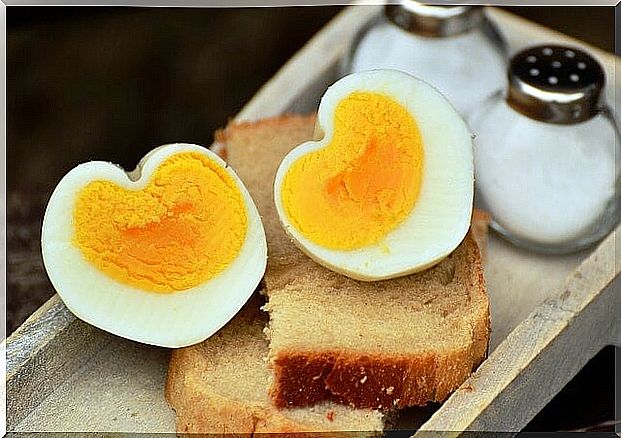
We must have the utmost respect for the characteristics and quantity of food that our sports children consume. A high-calorie diet, that is, a copious meal, limits the digestive system’s assimilation capacity and, therefore, reduces athletic performance.
We must adapt the diet to the child athlete
It is all about finding the balance: heavy digestion can seriously hinder sports action, and, conversely, eating too light before exercise can cause hunger pangs due to lack of blood sugar.
Whether we have children who have already started or who are about to do so in a sports discipline, we must consult with a nutritionist to help us design the ideal eating plan for them. As we mentioned, this will depend on your age, build, sport to practice and other characteristics.
In any case, exercising together with a balanced and varied diet will reduce the risk of developing diseases in the medium and long term.
